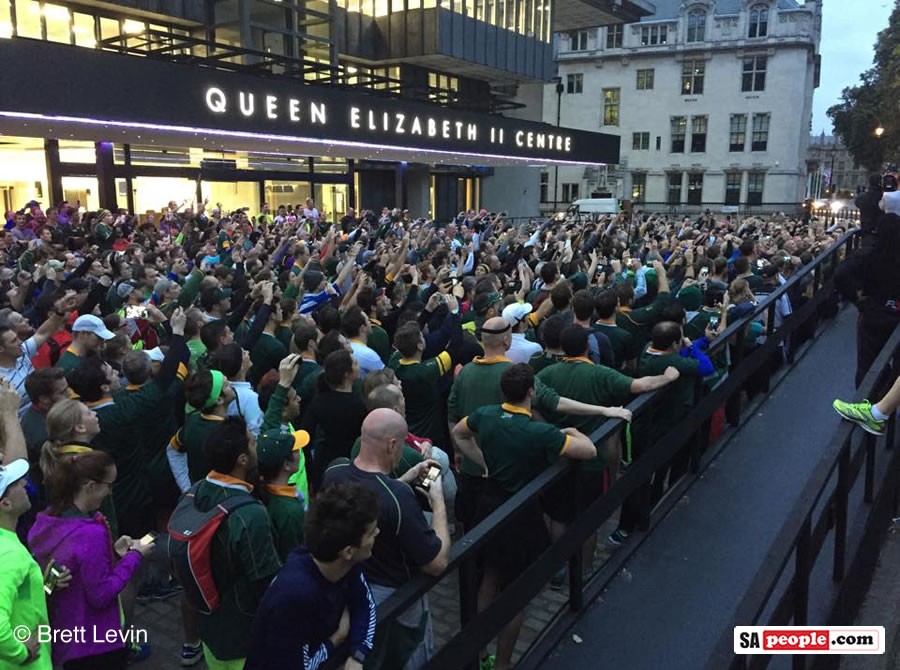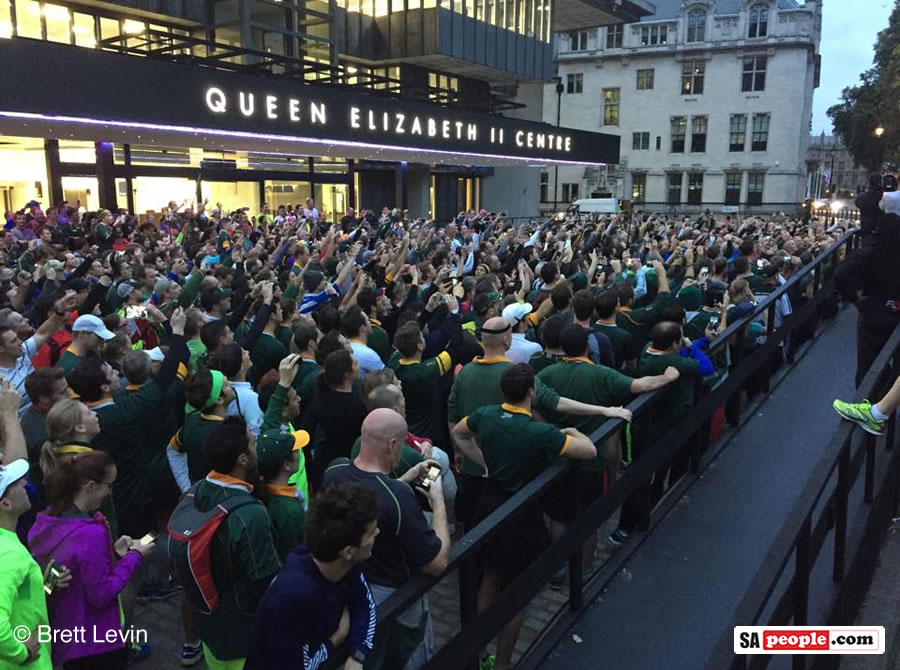
The Facts for Thousands of SA Expats in the UK Worried about Deportation Deadline
Following several stories that are being shared on social media, SAPeople received a mountain of concerned queries from South Africans in the UK who fear they are suddenly about to be deported from April 2016. We asked the British High Commission in Pretoria to set the record straight. Most importantly – the reports that thousands of South African […]

Following several stories that are being shared on social media, SAPeople received a mountain of concerned queries from South Africans in the UK who fear they are suddenly about to be deported from April 2016. We asked the British High Commission in Pretoria to set the record straight. Most importantly – the reports that thousands of South African nurses could be deported is untrue. Here are the facts…

A Home Office spokesperson said: “As the Prime Minister has made clear, the UK Government wants to reduce the demand for migrant labour. We changed the settlement rules in 2012 to break the link between coming to work in the UK and staying here permanently.
“From 2016, non-EEA (European Economic Area) workers will need to earn at least £35,000 to settle in the UK for longer than six years. There are exemptions to this threshold for occupations where the UK has a shortage.
“Employers have had since 2012 to prepare for the possibility that their non-EEA workers may not meet the required salary threshold to remain in the UK permanently.”
1. The threshold will apply to non-EEA nationals from 6 April this year.
2. The threshold applies to Tier 2 (General) and Tier 2 (Sportsperson) migrants applying for settlement (also known as ‘Indefinite Leave to Remain’). [Tier 2 (General) migrants are those who have a visa because of being offered a skilled job in the UK and have been sponsored to work in the UK. FYI – Student Visas are Tier 4, Entrepreneurs are Tier 1, Charity workers are Tier 5.]
The spokesperson said: “We announced in 2011 that those who entered Tier 2 from 6 April 2011 that year would be subject to new settlement rules.
“Those sponsored in PhD-level occupations and shortage occupations are exempt, as are those sponsored in a job which was on the Shortage Occupation List at any time when they were sponsored to do it.”
3. The threshold is £35,000 until 5 April 2018 and will then increase in line with wage inflation. It will be £35,500 in 2018-19, £35,800 in 2019-20 and £36,200 in 2020-21.
While the recent articles have highlighted the fact that the average UK income is nearly £10,000 less… this threshold is NOT based on the average UK income. It is based on “the median UK earnings for occupations which qualified under Tier 2 in 2011, when the policy was developed.”
4. Tier 2 migrants who are subject to the threshold but are unable to meet it are not deported, according to the spokesperson. “They can apply to extend their total stay in Tier 2 to a maximum of six years, or they can apply to switch into any other immigration category for which they are eligible.”
5. Non-EEA nationals who do not meet the settlement pay threshold after six years in Tier2 will need to leave the UK and must remain overseas for at least 12 months (the so-called ‘cooling off period’) before seeking to return in Tier 2.
6. Nurses – As a shortage occupation, nurses are exempt. The spokesperson adds: “Even if nurses were to be removed from the Shortage Occupation List in future, those currently sponsored in Tier 2 will be exempt in any future application for settlement.” (Click here for a full list of current shortage occupations in the UK.)
